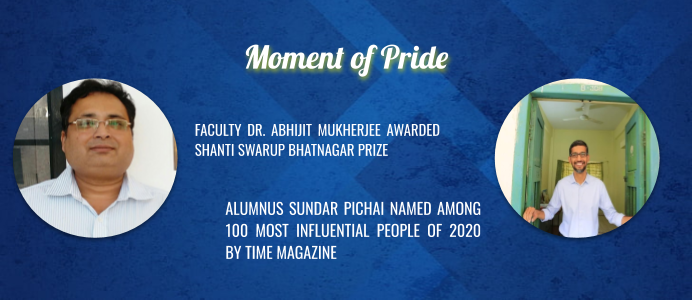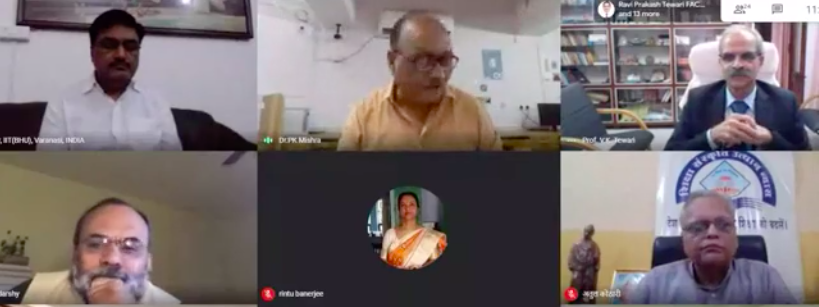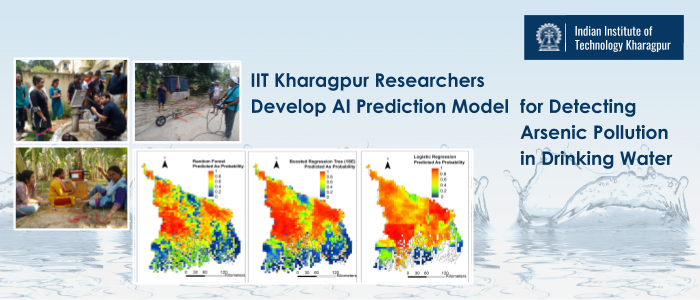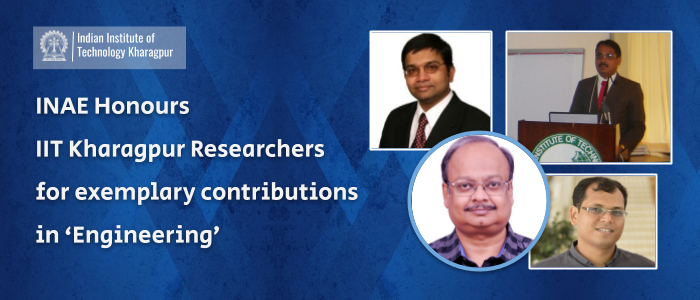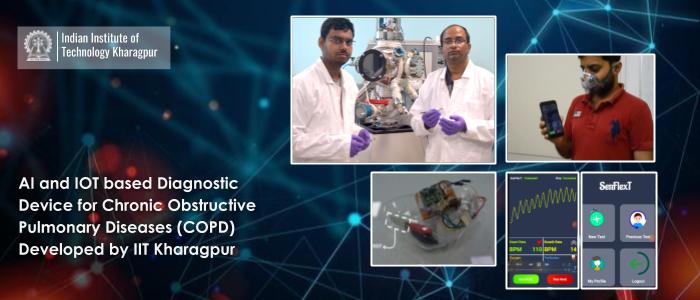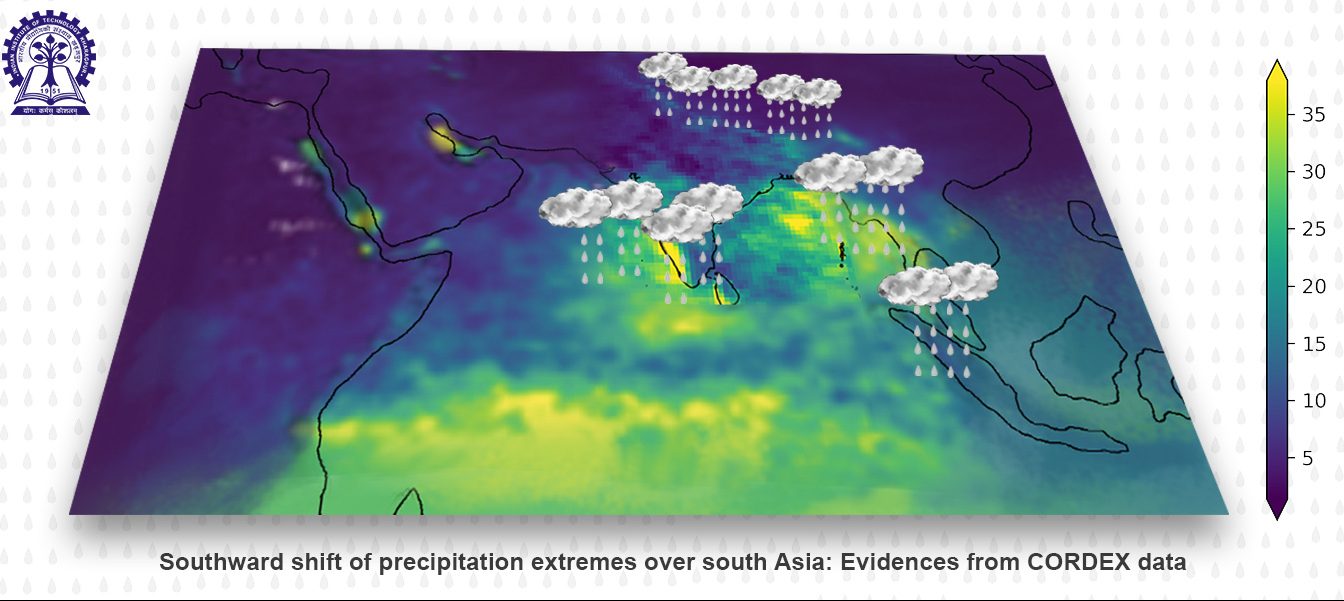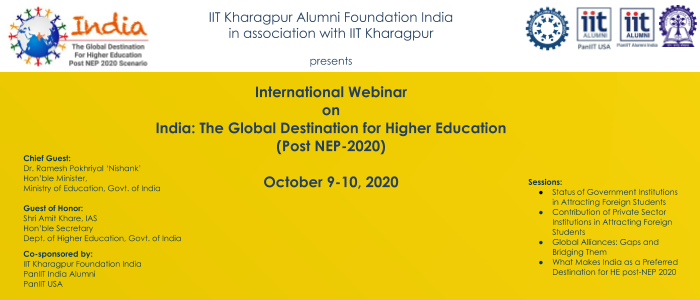
Internationalization Post NEP 2020
Global Experts to Deliberate on India as the Global Destination for Higher Education post-NEP 2020 IIT Kharagpur Alumni Foundation (India) in partnership with IIT Kharagpur is organizing an International Webinar on October 9-10, 2020, titled ‘India: The Global Destination for Higher Education (Post NEP 2020 Scenario)’. The webinar which will witness deliberations from eminent academic experts and administrators from India and abroad will set the platform for the development of policy recommendations towards the internationalization of Indian higher educational institutions in the light of the New Education Policy 2020. The panel discussions will include ‘Status of Government Institutions in Attracting…

